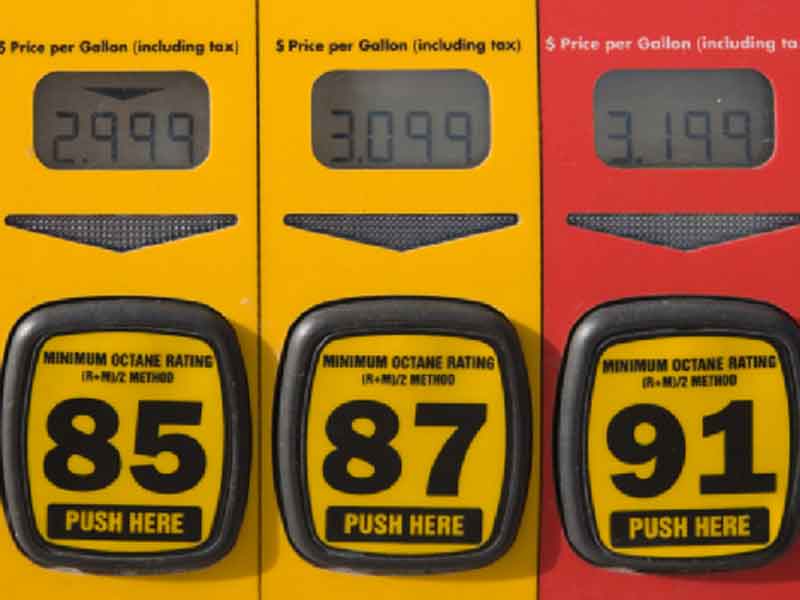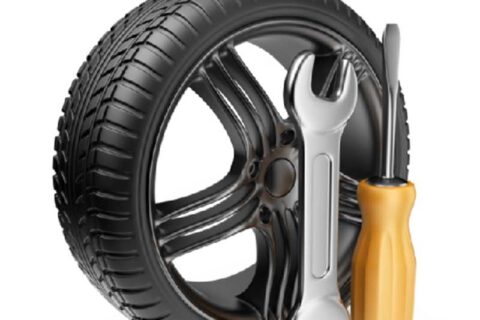What Does Octane Rating Have to Do With Your Car?

Some vehicles perform better when using a fuel with a higher octane rating, but what sets these fuels apart and why don’t all engines run on the same gasoline? This overview of octane ratings can help you better understand the difference between fuel types and the fuel and maintenance needs of your vehicle.
Octane Overview
The engine in your vehicle is powered by tiny ignitions of gasoline and air. These ignitions are carefully controlled by the sparkplugs, but gasoline can self-ignite under high pressure. Unfortunately, these self-ignitions (called “knocking”) will cause your engine to damage itself and several other components in your vehicle. Octane ratings indicate the total amount of pressure a fuel can take before self-igniting. Make sure the fuel you put in your vehicle is at the proper pressure for your vehicle.
Performance Difference
High-octane fuel does not clean your engine or improve its lubrication. However, high-octane fuels are able to stand higher pressures before igniting and can boost the horsepower of a high-performance engine. Some cars are designed to run with high octane fuels and these vehicles can only perform their best while running on these fuels. These high performance vehicles will also experience knocking and engine damage when using low octane fuels.
Fuel Selection
The easiest way to determine the right octane for your vehicle is to check the owner’s manual. Your owner’s manual is likely to list the specific octane fuel needs for your vehicle. You should also consider increasing your octane selection if your engine experiences knocking. You’ll know that the problem is solved if the knocking ceases after the fuel change.
An experienced mechanic can help tell you the right octane level for your vehicle. Get in touch with our family owned and operated auto repair service center in Silver Spring, MD, at 301-585-7557 for additional details. Murray’s Auto Clinics of Maryland offers you a variety of car care services, including free shuttle service, so contact us today to learn more about how we can keep your vehicle in tip-top shape.


